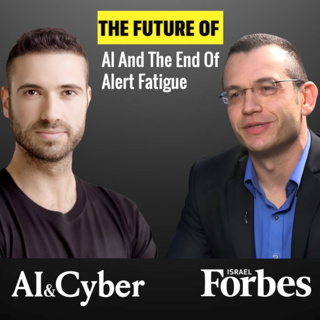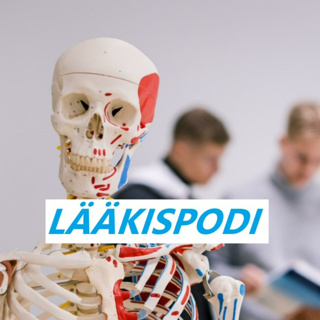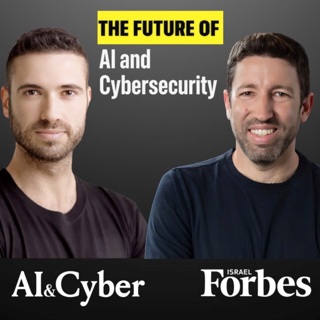
Cybersecurity’s AI Moment: A Conversation with Ron Peled, Founder of Sola
By Michael Matias, CEO of Clarity and Forbes 30 Under 30 alumWe’re not easing into the AI era—we’ve been thrown into it. That’s how Ron Peled, founder of Sola and former CISO at LivePerson, described ...
4 Syys 20251h
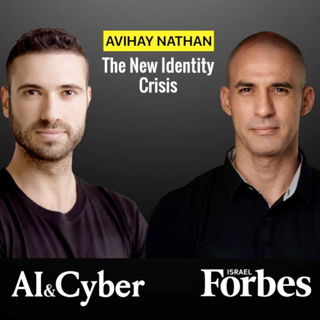
The New Identity Crisis: A Conversation with Avihay Nathan, SVP of AI at CyberArk
In the age of AI agents, cybersecurity is shifting from focusing on identity to addressing agency. Autonomous agents, which act and reason like humans but operate at machine speed, are being created o...
3 Syys 202537min
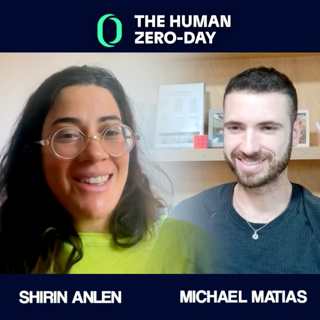
The Human Zero Day Series | Ep1164: Shirin Anlen: Building Trust in AI Media
Shirin Anlen traces her path from interactive storytelling to safeguarding human‑rights evidence at WITNESS. She explains how today’s scale, personalization, and ease of manipulation fuel “reality apa...
1 Syys 202521min
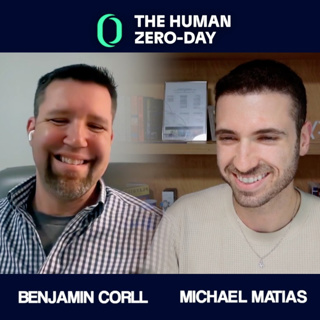
The Human Zero Day Series | Ep1163: Benjamin Corll: Human Risk in Cybersecurity
With decades in cybersecurity, Benjamin Corll has seen threat landscapes evolve from simple antivirus battles to AI-driven social engineering. For Corll, every breach traces back to people—both as the...
27 Elo 202532min
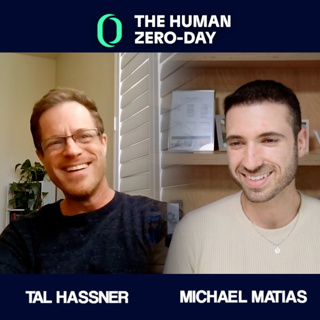
The Human Zero Day Series | Ep1162: Tal Hassner: Rethinking Deepfake Defense
From disappearing people in videos in the late 1990s to shaping AI and vision systems at Intel, Tal Hassner, Chief Scientist for Computer Vision, has watched synthetic media evolve from lab curiositie...
21 Elo 202541min
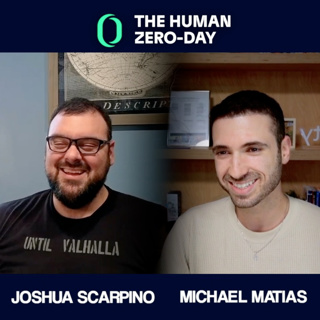
The Human Zero Day Series | Ep1161: Dr. Joshua Scarpino: Personalizing Security Culture
From phishing tests to AI-driven impersonation scams, Joshua Scarpino has seen firsthand how the human element remains the most critical factor in cybersecurity. Drawing on his experience across organ...
14 Elo 202516min
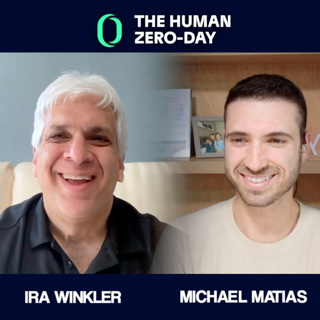
The Human Zero Day Series | Ep1160: Ira Winkler: Awareness Is Not a Strategy
How do you protect an organization when every link in the chain can—and will—fail? Ira Winkler, NSA veteran and author of You Can Stop Stupid, unpacks why human error isn’t the root of security breach...
13 Elo 202534min
